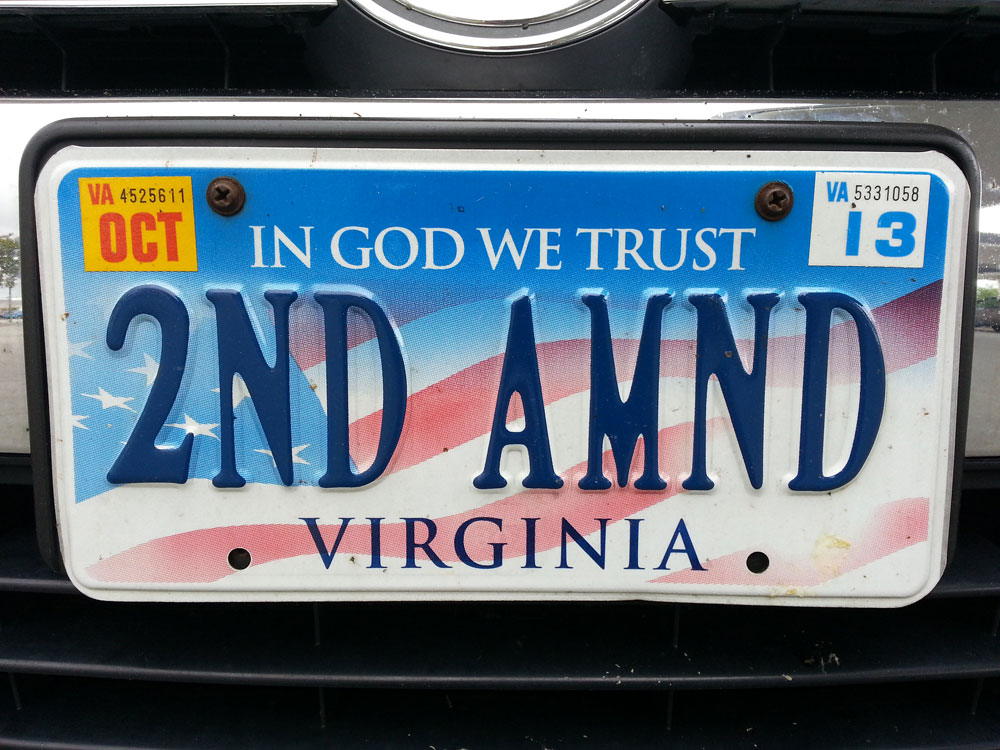
December 2, 2019; New York Times, NBC News, and Slate
For a brief moment, gun rights advocates and gun control advocates held their collective breath. On Monday, the US Supreme Court, for the first time in 10 years, heard a case on the 2nd Amendment. But the moment may indeed be brief, as the case may be ruled moot by the Court and the opportunity for either side to emerge with a clear direction from SCOTUS on gun rights may have to wait for another day. The best either side might expect would be a very narrow ruling in their favor.
If this sounds confusing, it is. The case, New York State Rifle & Pistol Association v. City of New York, needs some explanation. With the growth in gun violence, the lower federal courts have issued more than 1,000 rulings that apply the last SCOTUS decision on guns, District of Columbia v. Heller, which established an individual’s right to own a gun, but did not elaborate beyond that right. Fast forward to 2019. The lawsuit heard by SCOTUS this week was brought against the city of New York for its ordinance restricting the transporting of legally owned firearms outside an owner’s home. But, fearing a loss in the Supreme Court, and the possibility of this case opening the door to broad rulings on what the 2nd Amendment protects, New York City repealed the ordinance prior to the case being heard. And to ensure it is truly moot, the state legislature of New York weighed in by passing a law prohibiting local governments in the state from enacting similar restrictions.
One might question if there is a case for the Supreme Court to consider at all. Justice Ruth Bader Ginsburg made this point to Paul Clement, who represented the plaintiffs, at the start of oral arguments. New York state, she noted, has said, “‘City, thou shalt not enforce the regulations.’ So what’s left of this case?”
Sign up for our free newsletters
Subscribe to NPQ's newsletters to have our top stories delivered directly to your inbox.
By signing up, you agree to our privacy policy and terms of use, and to receive messages from NPQ and our partners.
The questions raised by those on the Court were perhaps as interesting as those that were not raised. The Justices that participated in the hour-long session (Justices Thomas and Kavanaugh were silent throughout) were clearly trying to find a justification for the case since the change in New York law. Chief Justice Roberts sought confirmation that no one would be refused gun licenses if they had violated the old law. They would not, he was assured. While it seemed as though Justices Alito and Gorsuch were searching for that elusive angle that would lead to an argument for personal safety and a justification for this law and gun ownership rights, it did not seem to hold up. As Mark Joseph Stern noted in Slate:
But the question itself inadvertently proved why the court must dismiss this case. What justification could there have been? Why does it matter? New York lawmakers decided no justification was sufficiently compelling to keep the law around. The court has no more work to do.
The four liberal justices were clear they are likely to vote for dismissal. Chief Justice Roberts seemed to also be leaning in that direction, based on his questions. As much as Justices Gorsuch, Alito, Thomas, and Kavanaugh would like to rule on gun rights and the 2nd Amendment, this may not be the right case.
Perhaps gun safety advocates may be able to breathe easy for the moment. But they should not assume the battle is won. As Stern concluded, gun safety advocates might get a reprieve in New York State Rifle & Pistol Association. But in the process, the Supreme Court’s conservatives could send a clear message to states like New York: When the right case arrives, we are coming for your gun laws.—Carole Levine













